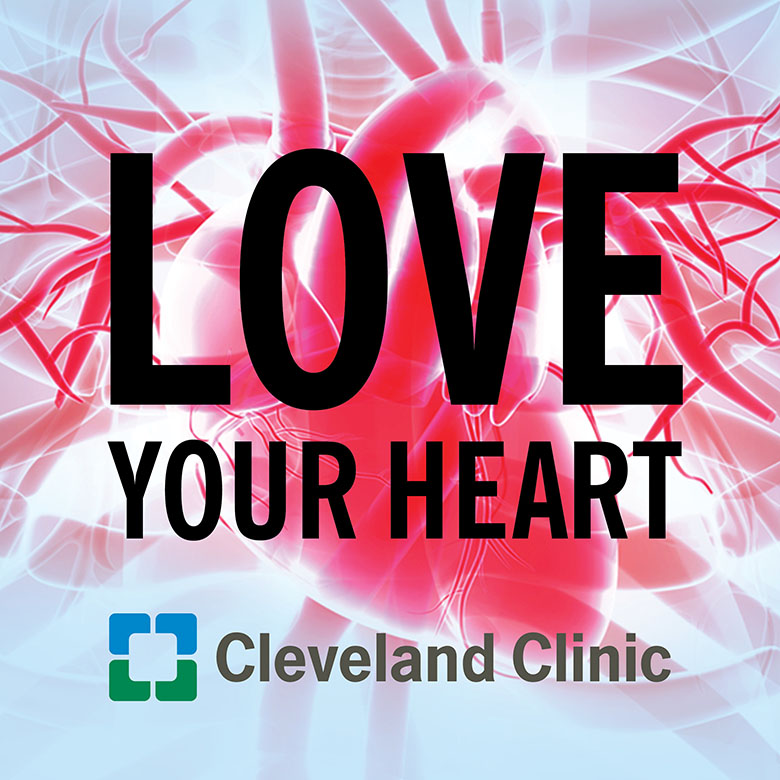Clinical Research in Heart Surgery

Clinical research helps us find new treatments or evaluate what treatments are best for patients. Dr. Marc Gillinov, Chairman of Thoracic and Cardiovascular Surgery, describes types of research protocols used in heart surgery; patient safety; patient follow-up; and the purpose of research in clinical care.
Learn more about clinical trial participation
Search for clinical trials at Cleveland Clinic
Search for clinical trials across the globe
Subscribe: Apple Podcasts | Buzzsprout | Spotify
Clinical Research in Heart Surgery
Podcast Transcript
Announcer:
Welcome to Love Your Heart, brought to you by Cleveland Clinic's Sydell and Arnold Miller Family Heart, Vascular & Thoracic Institute. These podcasts will help you learn more about your heart, thoracic and vascular systems, ways to stay healthy, and information about diseases and treatment options. Enjoy.
Marc Gillinov, MD:
I'm Marc Gillinov, chairman of Cardiac Surgery at the Cleveland Clinic. And today I want to talk with you a little bit about clinical research. At the Cleveland Clinic, we do quite a bit of clinical research, which is our way of advancing the field, but what I should say is it's our way with you to advance the field.
Marc Gillinov, MD:
When we develop something that is new and potentially better in medicine, and in particular, in cardiac surgery, we need to assess the new strategy or new treatment. And that's where you come in. That's where clinical research comes in.
Marc Gillinov, MD:
We have a variety of different research protocols in which we are currently enrolling patients. All of them are extremely carefully examined and vetted to make sure that they are safe. Most commonly we're comparing two different ways to do a procedure, for example, two different ways to repair a mitral valve. Perhaps one is a minimally invasive surgery and the other involves a small catheter without even surgery. Both are safe approaches, and our question for research is, which one is better? We know both are good, but one of them might be somewhat better.
Marc Gillinov, MD:
And in that sort of trial, where safety is excellent with both treatments, we ask patients, would you be willing to enroll? When patients enroll, we then follow the patients to determine the outcomes of the different procedures.
Marc Gillinov, MD:
In general, this doesn't necessarily mean people have to come back to the Cleveland Clinic for follow-up. We often contact you by telephone, by questionnaire. Sometimes we'll ask that you get a study like an echocardiogram or an EKG at home.
Marc Gillinov, MD:
The most important thing about this research is this is how we innovate. It's safe. It leads to better care. And in fact, the patients who enroll in research studies I think actually get extra care because you have extra sets of eyes on you and on your medical condition and clinical course.
Marc Gillinov, MD:
Now, of course not everyone is asked to participate in a clinical trial. And if we do ask you if you'd wish to participate, you don't have to. If somebody chooses not to enroll in a trial, that's perfectly fine. We will still take care of you. We will still do our best and nothing is held against you.
Marc Gillinov, MD:
What we ask is that you consider clinical trials. They're good for you. They're good for the field of medicine and they're good for future patients. Thank you.
Announcer:
Thank you for listening. We hope you enjoyed the podcast. We welcome your comments and feedback. Please contact us at heart@ccf.org. Like what you heard? Subscribe wherever you get your podcasts or listen at clevelandclinic.org/loveyourheartpodcast.

Love Your Heart
A Cleveland Clinic podcast to help you learn more about heart and vascular disease and conditions affecting your chest. We explore prevention, diagnostic tests, medical and surgical treatments, new innovations and more.
